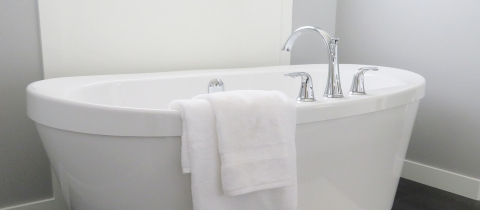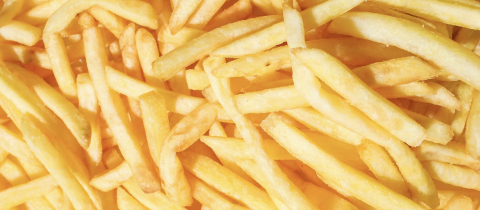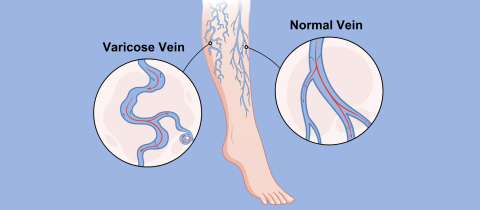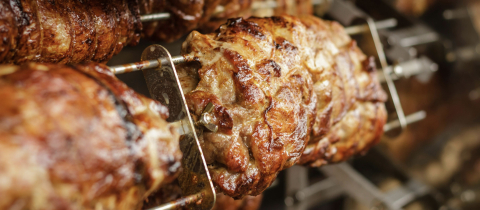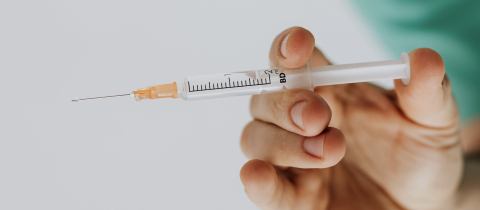This article was first published in the Montreal Gazette.
This is a story about chocolate. It’s a story about how chocolate went from dessert to health food and back again. Except most people missed the ending — the part where chocolate isn’t good for you.
If we’re going to talk about the science of chocolate, we have to bring up an important point first. The chocolate you eat is not the chocolate they use in research, at least most of the time. Research tends to use cacao bean extract. The exorbitantly priced item you are buying for Valentine’s Day, because you didn’t have the foresight to buy it when it was on sale, is quite different.
The cacao bean extract has been an intriguing target for drug research because it contains a slew of molecules that might have potential medical benefits. The chocolate sold in stores, by contrast, is loaded with fat and sugar to make it taste good. Without them, pure cacao would be quite bitter and fairly unpalatable to most people. But their addition largely destroys whatever putative healthy antioxidants might have been present in the original bean.
People often argue that dark chocolate, which contains a greater proportion of cacao, and therefore less milk, is healthier. Relatively speaking, it is healthier because it contains less sugar. But it still contains a significant amount, and mass consumption of any chocolate product will invariably lead to weight gain.
There are studies that have looked at chocolate consumptions in populations. The Danish Diet, Cancer, and Health Study, the Women’s Health Study and the Physicians’ Health Study all investigated people’s dietary habits to see if chocolate consumption was linked to a reduction in a specific arrhythmia, atrial fibrillation. These types of studies are always problematic because they rely on individuals to remember their past food consumption accurately. But even if you accept them at face value, they have yielded inconclusive results. Only the first two suggested a benefit. The third didn’t.
Observational studies like these often generate conflicting results because of differences between groups and the perennial problem of poor recall. Randomized trials are generally better and more reliable.
There are quite a few blood pressure trials where a flavonol-rich cocoa product was compared with a placebo or a flavonol-free cocoa powder. A Cochrane review of 35 trials demonstrated that flavonol-rich cocoa products did lower blood pressure, but did so by less than two points. Lowering your blood pressure from 148 to 146 is unlikely to yield much medical benefit when you consider how much fat and sugar is being consumed in tandem with the cocoa.
The real test of chocolate’s medical benefit was supposed to come from the COSMOS study. COSMOS was a large randomized study that tested both cardiovascular and cognitive outcomes. It used a cocoa extract rather than chocolate and was funded in part by the chocolate company Mars, but it was still seen as the most promising piece of research in the pipeline.
When the results were published in 2022, the cocoa extract did not improve cardiovascular outcomes nor did it improve memory scores on any of the cognitive tests. It’s doubtful that eating pure chocolate would have yielded better results.
The publication of COSMOS did not yield many headlines. Ask most people and they will probably tell you about studies linking chocolate consumption to Nobel prizes. Negative studies don’t tend to get much press while positive studies, on the other hand, spread far and wide. And there is no shortage of positive studies, although many of them are sponsored by chocolate companies.
The totality of the evidence does not suggest that eating chocolate is heart-healthy, good for your brain or beneficial in any way. That’s not to say you can’t eat chocolate. You can and probably will on Valentine’s Day. You just can’t delude yourself into thinking it’s healthy.

